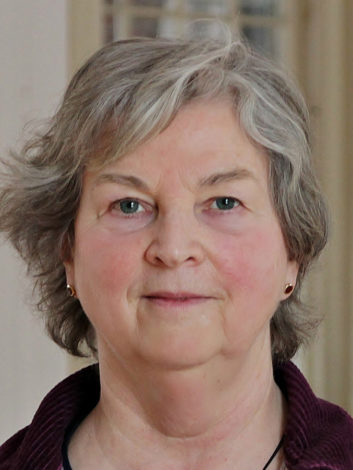An IMS Core Guiding Teacher, Winnie attended her first meditation retreat in 1981, after a co-worker convinced her that it would be interesting. And it was interesting, just not in the way she expected. After that long weekend with Stephen and Andrea Levine, she knew she had touched something deeply truthful, although she couldn’t quite describe it. It did, however, seem to do with transparency of being, equanimity, and lack of fear.
This was the beginning of a period of intensive dharma search and practice, bringing her into connection with many outstanding teachers. Among these have been Joseph Goldstein, Sharon Salzberg, Steve Armstrong, Kamala Masters, and Jack Kornfield. From their diversity of teaching styles, she came to appreciate the very individual ways the Dharma is expressed through the prism of specific personalities and life experiences. While the truth is universal, the expression of that truth is personal and uses the language of direct experience.
Winnie’s own orientation to practice is rooted in a background of human service work and the desire to relieve human suffering. After years of work with issues of violence, and hunger, it became apparent that the largest single impediment to collective human progress is the level of development of the average human mind.
In 1998, she was asked to teach the Dharma by Joseph Goldstein. She does so to help people open their full potential, in the interest of their own happiness and well-being and for the benefit of others who their lives affect.
Winnie’s teachings are rooted in the Eight Fold Path taught by the Buddha, with particular emphasis on aligning motivation with the student’s highest and wisest aspiration. Letting go (renunciation) and self-compassion are taught as essential, foundational attitudes supporting practice. Meditation instructions draw on a variety of approaches, and emphasize grounding, embodiment, and equanimity which can be carried into daily life. When appropriate, students are given customized instructions which work with the actual experiences they are having, rather than insisting one method of practice works in all cases. The emphasis is on “skillful means”, understanding that students come to meditation from many different circumstances and experiences.



